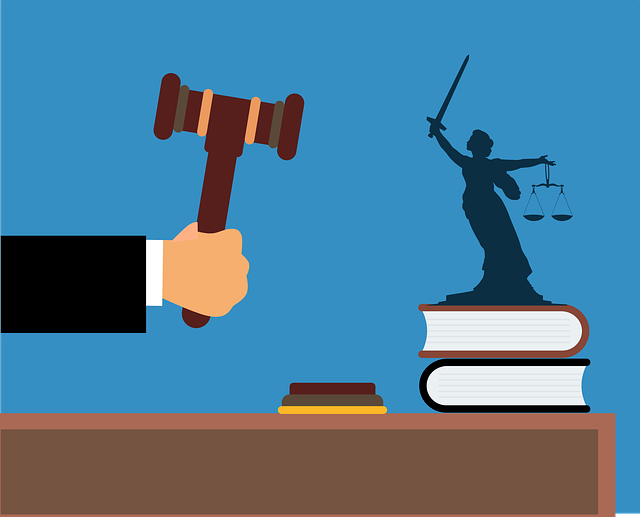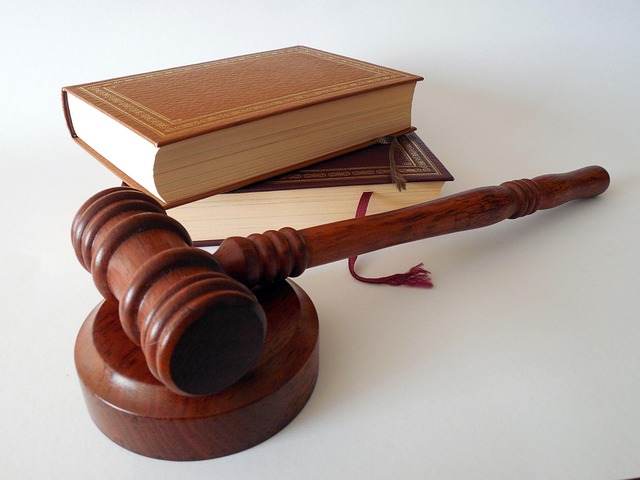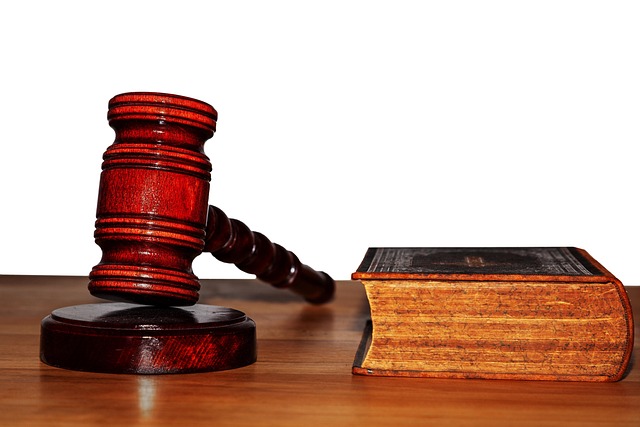Public corruption charges carry severe consequences, including defamation of character risks that can damage reputations and opportunities. Expert Defamation of Character Legal Advice is vital for navigating complex criminal laws, protecting rights, and ensuring fair trials. Specializing lawyers guide clients through investigations, evidence challenges, jury trials, and post-charge reputation management. Their experience in high-stakes cases, particularly in philanthropy and politics, is crucial for mitigating bias and building trust with stakeholders after facing corruption allegations.
“Public corruption charges cast long shadows, impacting not just individuals but societal trust. This article delves into the intricate world of these accusations, exploring key aspects from legal definitions and frameworks to their profound effects on accused persons’ reputations. We dissect the complexities of evidence collection and proof requirements in public corruption cases.
Additionally, we provide essential defamation of character legal advice for navigating these challenges and offer strategies for reputation management post-proceedings.”
- Understanding Public Corruption Charges: Definitions and Legal Framework
- The Impact of Defamation of Character Allegations on Accused Individuals
- Building a Defense Strategy: Legal Advice for Navigating Complexities
- Evidence and Proof Requirements in Public Corruption Cases
- Mitigating Damages and Reputation Management After Legal Proceedings
Understanding Public Corruption Charges: Definitions and Legal Framework

Public corruption charges are a serious matter that involves the abuse of power and trust within public office. These cases encompass a range of illegal activities, from bribery and embezzlement to fraud and misuse of public funds. Understanding these charges requires a grasp of both the specific criminal laws governing them and the broader ethical principles they uphold.
The legal framework surrounding public corruption is designed to hold public officials accountable for their actions while in office. This includes federal and state-level statutes that define various forms of corrupt behavior. Defamation of character legal advice should be sought with caution, as these cases are often complex and heavily rely on evidence and witness testimonies. A competent general criminal defense attorney can navigate this intricate landscape, aiming for a complete dismissal of all charges where appropriate. Ultimately, the goal is to ensure that justice is served while protecting the respective business interests and reputations of those accused.
The Impact of Defamation of Character Allegations on Accused Individuals

When facing public corruption charges, the accused often find themselves not only fighting against criminal allegations but also navigating the complex landscape of defamation of character claims. These accusations can significantly impact an individual’s reputation and future opportunities, making Defamation of Character Legal Advice a crucial aspect of their defense strategy. The consequences extend far beyond legal penalties as they can affect personal relationships, professional prospects, and public perception.
During jury trials for white-collar and economic crimes, the introduction of defamation allegations adds another layer of complexity. It’s essential to receive proper legal counsel throughout all stages of the investigative and enforcement process to mitigate these effects. Skilled attorneys can help navigate the nuances of defamation laws, ensuring a fair trial and protecting the accused’s rights and character.
Building a Defense Strategy: Legal Advice for Navigating Complexities
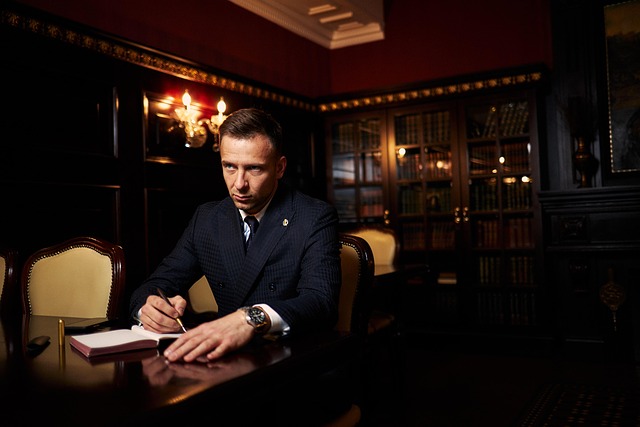
When facing public corruption charges, individuals need a robust defense strategy tailored to navigate the complexities of legal proceedings. The initial step involves seeking defamation of character legal advice from experienced professionals who understand the nuances of these high-stakes cases. Lawyers can help in dissecting the allegations, identifying potential loopholes, and constructing a solid defense that challenges the accuracy and reliability of evidence against the accused.
In all stages of the investigative and enforcement process, legal counsel plays a pivotal role. They guide clients through jury trials, ensuring fair representation and advocating for their rights. Given the intricate nature of public corruption cases, expert advice is essential to counter complex legal arguments, interpret regulatory frameworks, and present mitigating circumstances, especially when dealing with situations that may involve large sums of money or significant policy implications.
Evidence and Proof Requirements in Public Corruption Cases
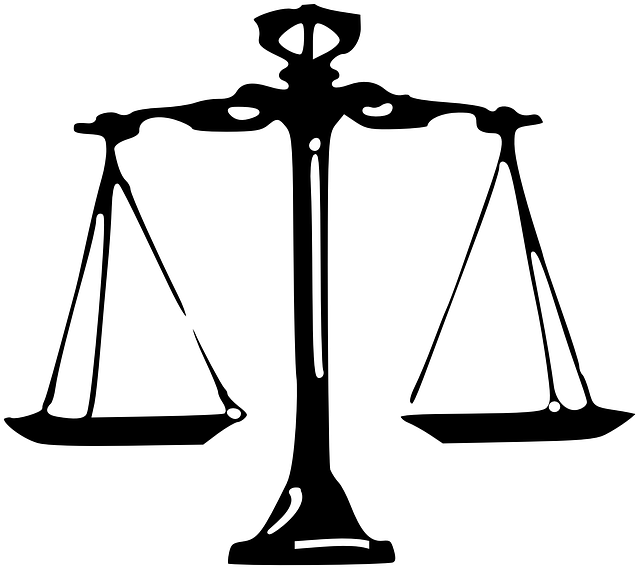
In public corruption cases, the bar for evidence and proof is exceptionally high due to the sensitive nature of the charges. Prosecutors must present compelling and irrefutable evidence to establish guilt beyond a reasonable doubt. This often involves intricate financial records, witness testimonies, and forensic audits to trace illicit transactions and uncover concealed assets. Defamation of character legal advice can play a crucial role here, helping individuals accused of corruption to navigate these complex legal landscapes and mount a winning challenging defense verdicts strategy.
Understanding all stages of the investigative and enforcement process is paramount. From initial surveillance and data collection to grand jury proceedings and eventual trial, each step demands meticulous planning and execution. The integrity of evidence must be maintained throughout, ensuring it remains admissible in court. Additionally, the unique dynamics of philanthropic and political communities can introduce complex variables, requiring sophisticated legal strategies to mitigate potential bias or conflict.
Mitigating Damages and Reputation Management After Legal Proceedings

After facing public corruption charges, individuals or corporations must prepare for potential legal consequences and subsequent reputation management. The first step is often to seek definitive legal advice to understand the scope of the allegations and potential outcomes. This includes assessing any damages that might have occurred and formulating a strategy to mitigate these impacts. Legal counsel can help navigate complex regulatory landscapes, ensuring compliance and transparency moving forward.
Reputation management becomes crucial in such scenarios, especially for high-profile individuals or entities within philanthropic and political communities. A strategic approach involves addressing the charges openly and transparently while highlighting any efforts made to rectify the situation. Effective communication strategies, including targeted media outreach, can help shape public perception, distinguishing between legitimate corporate practices and instances of personal misconduct. This process is vital in rebuilding trust with stakeholders, be they customers, investors, or constituents.
Public corruption charges can significantly impact an individual’s life, reputation, and career. Understanding the legal framework, defining corrupt practices, and navigating defamation of character allegations are crucial steps in building a robust defense strategy. Seeking specialized defamation of character legal advice is essential to mitigate potential damages and manage one’s reputation during and after legal proceedings. By employing strategic evidence presentation and understanding the burden of proof, individuals can safeguard their rights and protect their integrity.
